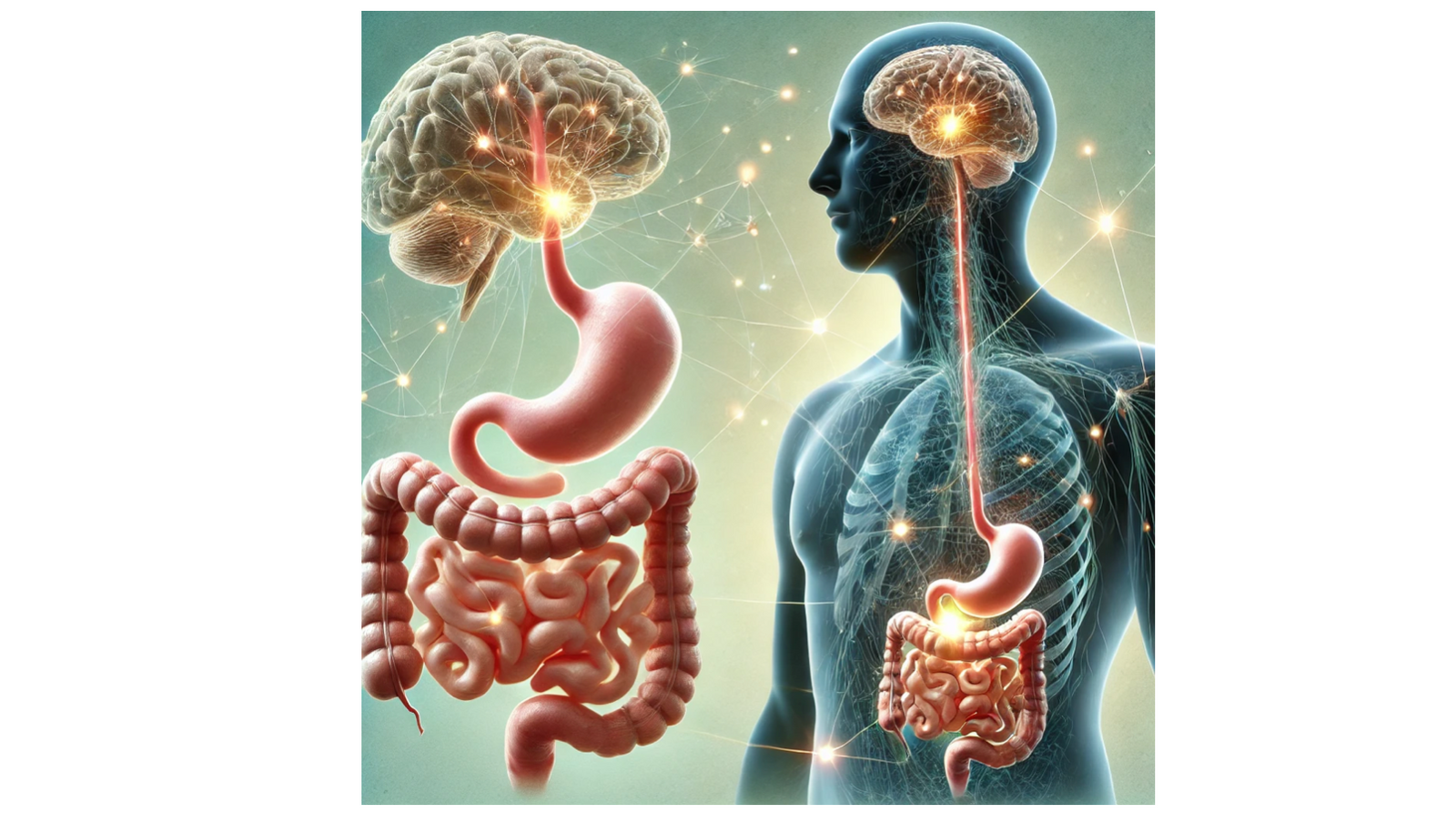ENJOY FREE SHIPPING ON ORDERS OVER $99
ENJOY FREE SHIPPING ON ORDERS OVER $99
Brain-Damaging Drugs Hiding in Your Medicine Cabinet
July 20, 2025 2 min read

There’s a silent threat to your memory that most people never see coming. It doesn’t come in a fast food wrapper or a soda can. It’s not hidden in your DNA.
It’s sitting quietly on your nightstand.
The pills many people take to sleep better, calm allergies, or prevent motion sickness can silently sabotage the brain—shrinking memory centers and increasing dementia risk.
The Anticholinergic Crisis
There’s a class of medications called anticholinergics. They block a neurotransmitter called acetylcholine—which your brain needs for learning, focus, and memory.
These medications are incredibly common:
-
Sleep aids
-
Antihistamines
-
Motion sickness pills
-
Certain antidepressants
-
Overactive bladder meds
They may seem harmless, but long-term use has been linked to a 54% higher risk of dementia. Why? Because blocking acetylcholine means blocking your brain’s communication lines.
If acetylcholine is how neurons talk, anticholinergic drugs create silence—and that silence, over time, leads to cognitive decay.
How to Know if You’re at Risk
You might be wondering: “Am I taking one of these brain-blocking drugs?” Here’s how to find out:
-
Check your medication labels for diphenhydramine, hydroxyzine, doxylamine, scopolamine, or oxybutynin.
-
Look for the phrase: “may cause drowsiness.” That’s often a red flag for acetylcholine suppression.
-
Ask your pharmacist or doctor specifically: “Is this drug anticholinergic?”
And remember: this isn’t about fear. It’s about awareness.
You deserve to make informed choices about your health.
Protecting Your Brain—The Natural Way
The good news is that your brain is forgiving. Even if you’ve been unknowingly suppressing acetylcholine for years, there’s still time to repair and rebuild.
Here’s what I recommend to restore cognitive strength:
✅ Move daily – Exercise increases brain-derived neurotrophic factor (BDNF), which repairs and regenerates neurons.
✅ Fuel with brain-friendly foods – Wild salmon, berries, healthy fats (like coconut oil and olive oil), and fermented foods all support neurotransmitter balance.
✅ Sleep clean – Use natural strategies to fall asleep like magnesium, melatonin, deep breathing, and a dark, cool room—not chemical sleep aids.
✅ Support your acetylcholine levels – Through choline-rich foods like eggs, broccoli, and quality supplementation when needed.
It’s Not Just About What You Take—It’s About What You Replace
If you find you’ve been using a medication long-term, don’t panic. But don’t stay complacent either. Work with a health professional to wean off safely and explore alternatives.
When I see patients experiencing memory loss, fog, or early cognitive changes, one of the first things I ask is: “What are you taking?”
Because what we often think is a health solution… might actually be the source of the problem.
